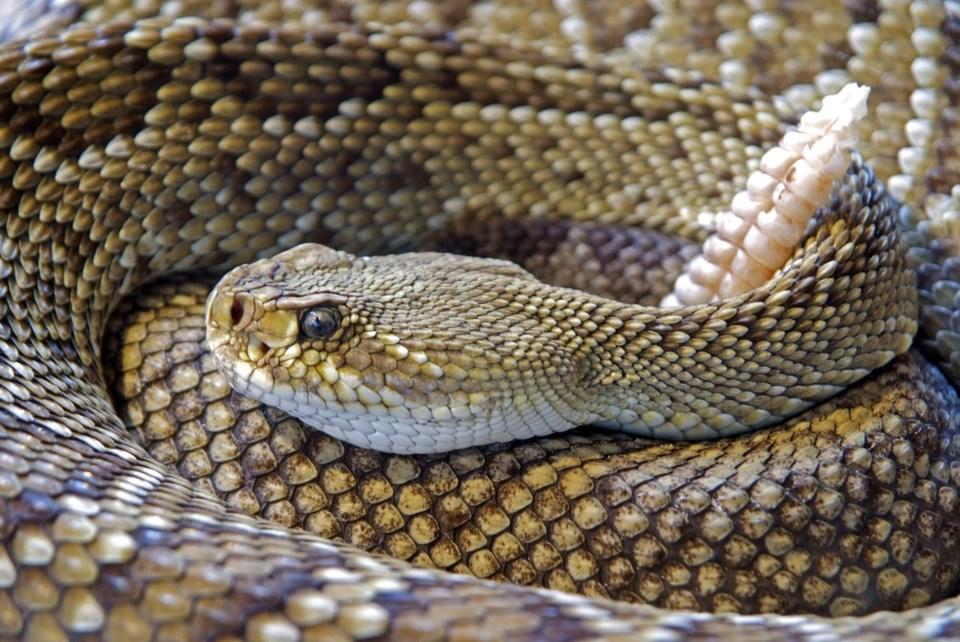Rising temperatures in North Texas means increased snake activity, so it’s good to be prepared should the worst happen and a snake bites you. Knowing what to do is important during snake season, but people can make mistakes under pressure. Knowing what not to do is also important. Some common knowledge, from movies and books, can worsen a snakebite’s effects.
DON’T SUCK OUT THE VENOM
Trying to suck out the venom is probably the most well-known – yet incorrect – treatment for a snakebite. “Pit vipers and coral snakes inject venom into the victim through hollow fangs,” naturalist Michael Smith, who has published two books on reptiles and amphibians, tells Local Profile.
“The quantity is fairly small and does not sit under the skin as a pocket of fluid ready to be drained or sucked out. When someone cuts the site of the bite and attempts to withdraw venom, what happens is that further damage is inflicted with very little venom removed.”
DON’T TIE A TOURNIQUET
Tourniquets do not stop or slow the spread of venom to the rest of the body, Smith points out. Snake venom breaks down tissues, and constricting bands on an arm or leg increase swelling, bruising and tissue destruction.
For a snakebite, avoid tourniquets and remove other constricting bands from the body, such as rings and bracelets.
DON’T USE ELECTRIC SHOCK
A new treatment making the rounds is using electric shocks to treat a snakebite. “Apparently this was observed in South America with claims of good results,” says Smith. “But the snake was not always identified and some might have been nonvenomous, or the snake might have given a ‘dry bite’ without injecting venom.”
Electricity is not a cure and causes local damage. Worse still, it occasionally kills the victim.
DON’T TRY TO KILL OR CATCH THE SNAKE
A final tip that is also snake advocacy: do not try to kill or catch the snake. Most snakebites occur during accidental encounters that are a surprise to both humans and snakes.
Snakes prefer not to interact with humans. If bitten, get away from the snake instead of risking further bites by trying to catch it. As long as humans leave them alone, snakes can be beneficial. “Many snakes eat animals that we consider pests. Some species eat large numbers of rats and mice,” Smith adds. “Many of them are quite pretty, with bright colors and graceful movements.”
WHAT YOU SHOULD DO
Okay, you're bitten by a snake. What should you do? The urge to immediately treat a snakebite is understandable, but the wrong first aid can make the situation worse instead of better, and not all bites are venomous. The snake itself may not be venomous or the bite may be a “dry” bite where no venom is delivered. Keep calm and get to a hospital as soon as possible. Let the doctors determine treatment if they confirm the bite is venomous.
In case you missed it, here are five dangerous critters to avoid in Collin County.




